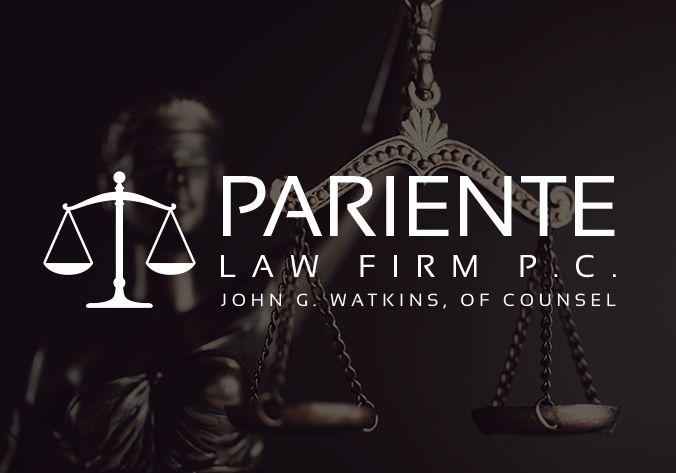A battery charge in Nevada can cover a wide variety of alleged crimes, from simple battery to battery with intent to kill and many more specific classifications. Anyone who has been charged with any level of battery will benefit from finding an attorney qualified to handle these potentially complicated cases as soon as possible. The penalties for battery crimes that are convicted are serious and the severity of the penalties reflect this.
Difference Between Battery and Assault in Nevada
It is not uncommon for a battery charge to be paired with other similarly applicable charges, such as assault, though the two crimes are different in detail. Because the pairing of these two charges occurs with some frequency, it helps to define them individually before focusing specifically on battery.
- ● Assault is the unlawful attempt to use physical force against another person or intentionally placing another person in reasonable apprehension of immediate bodily harm. (NRS 200.471)
- ● Battery is any willful and unlawful use of force or violence upon the person of another. (NRS 200.481)
In short, an assault is merely the intentional threat of physical harm in order to cause fear. There is no actual physical contact involved, though there is sometimes an attempt to physically harm someone that doesn’t actually connect with them – for example, throwing an object substantial enough to cause serious harm to someone if it hit them, but missing.
The Key Elements of a Battery Charge
The prosecution is tasked with proving that the following elements were in place to convict someone with a crime of battery.
● Intent – Battery is considered an “intent crime” in Nevada. This means that if you have been charged with battery, it will need to be proven that you intended to use unlawful force to harm someone else.
● Unlawful force – When someone is the recipient of unlawful force, this means that they had physical contact forced on them by someone that who had no legal right to touch them. Unlawful force does not have to be violent enough to cause serious injury in order to be a qualifier for battery charges.
● Awareness – In order to convict an assault charge, there has to be proof that the victim of the alleged crime was aware that the crime was occurring at the time that it happened. However, this is not a necessity for a battery charge, during which the victim does not need to be aware of what is taking place in order for the charge to apply.
Penalties for a Convicted Charge of Battery
There are many variations of penalties for the crime of battery that depend on the specific circumstances of each case. Some of the most common types and their corresponding penalties are as follows:
Simple Battery – Also referred to as “misdemeanor battery”, this charge applies when the act of battery in question didn’t result in substantial bodily harm, involve a protected person, involve strangulation or the use of a deadly weapon. (NRS 200.481(a) and NRS 193.50)
Penalties are:
● Up to 6 months in jail or community service
● Fines of up to $1,000
If the victim was a member of what is called the “protected class” (which includes police officers, health care workers, transit operators and more), the penalties increase to:
● Up to 364 days in jail
● Up to $2,000 in fines
Battery with the Use of a Deadly Weapon – This charge is a category B felony if convicted, and applies to battery that involved the use of a deadly weapon. There are different sentencing outcomes for this charge, which depend on the combinations of the factors involved.
● Deadly weapon is used but no substantial bodily harm to victim occurs: 2 to 10 years in state prison and up to $10,000 in fines
● Deadly weapon is used and substantial bodily harm was inflicted on victim: 2 to 15 years in state prison and up to $10,000 in fines
Battery Involving Strangulation or Resulting in Substantial Bodily Harm – This charge is a category C felony. Penalties are:
● 1 to 5 years in state prison
● Up to $10,000 in fines
Battery with Intent to Commit Another Crime – This charge includes battery that was committed with the alleged intention of the defendant to commit another addition crime. The penalties vary depending on the nature of the additionally intended crime:
● Murder – Category B felony, penalty of 2 to 20 years in prison
● Robbery, Grand Larceny or Mayhem – Category B felony, 2 to 10 years in prison and up to $10,000 in fines
● Rape With Injuries – Category A felony, life in prison with or without parole eligibility after 10 years served and up to $10,000 in fines
● Rape Without Injuries of 16 or 17 Year Old Victim – Category A felony, 2 years to life in prison with possibility of parole and up to $10,000 in fines
● Rape Without Injuries of Child Under 16 Years Old – Category A felony, 5 years to life in prison with possible parole and up to $10,000 in fines
Defenses to a Battery Charge in Nevada
There are several different defenses to charges of battery. The most commonly used defenses are:
● Self Defense – If someone is merely trying to defend themselves because they feel they are in legitimate danger of bodily injury, the self-defense law in Nevada gives them the legal right to fight back.
● Lack of Intent – When someone is injured by another person through accidental occurrence, then there is a clear lack of intention to inflict bodily harm on the part of the person who injured them.
● Consent – Cases in which the alleged victim and defendant were participating in a potentially dangerous sport or event should not result in a battery charge because both parties were aware of the potential danger and their participation implies consent to that possibility.
If you or someone you care about has been charged with any type of battery, you will need the assistance and counsel of an experienced and knowledgeable attorney as soon as possible. We offer free case evaluations and look forward to hearing your side of the story.




